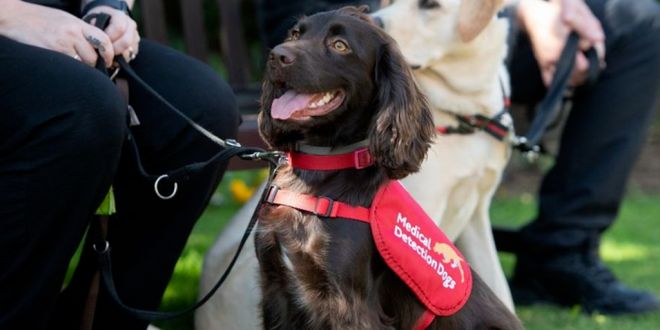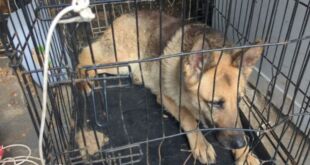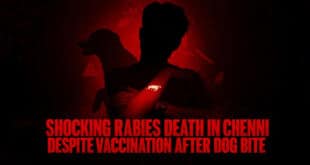Eleven hospitals across the UK are taking part in the study, with scientists hoping at least 3,500 staff will provide “odour samples”.
Testing has begun to see if medical detection dogs can be trained to smell the disease.
If the trial is successful, the dogs could be used at UK airports to screen people arriving from abroad.
The trial is led by the London School of Hygiene and Tropical Medicine, in collaboration with Durham University and the Milton Keynes-based charity Medical Detection Dogs
The dog’s keen noses have already successfully detected different types of cancer, Parkinson’s and malaria, charity head Claire Guest said.
Ninety-two staff at Kettering General Hospital in Northamptonshire have signed up to help. Volunteers provide samples of breath and body odour by wearing a mask for three hours – and socks and a T-shirt for 12 hours.
Project lead, Prof James Logan, said the trial “could revolutionise how we diagnose the virus, helping return our lives back to some sort of normality”.
Kettering General Hospital’s lead nurse for research, Joanne Walsh, said: “Our contribution involves recruiting staff volunteers from colleagues who are about to have a Covid-19 swab test.
“We send the samples, along with whether the person has tested positive or negative for Covid-19, to the team who are doing the research with the dogs in Milton Keynes.
“This can then be compared with the actual test results on the person to see if the dog was right.”
Patients who have mild Covid-19 symptoms and are due to have a swab test, or have had a swab test conducted in the previous 24 hours, are being recruited by researchers.
Prof Steve Lindsay, from the Department of Biosciences at Durham University, described the trial as a “game-changer” in preventing a second wave.
“We will then be able to scale-up the use of dogs at ports of entry to identify travelers entering the country with the virus,” he said.
Source: BBC News
Please Note: This article is not edited by DogExpress Team!

 DogExpress
DogExpress

















 in Chandigarh, India.
in Chandigarh, India. 
